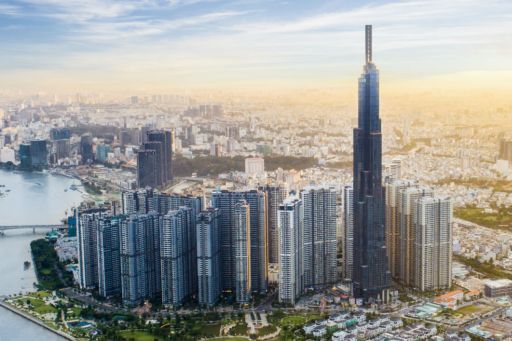The COVID 19 pandemic, unlike earlier economic crises, is simultaneously hammering economies and societies all around the globe. Companies in the Asia Pacific region (*ASPAC for short) have been facing challenges far greater than those of earlier regional epidemics like SARS (Severe Acute Respiratory Syndrome). The current disease has hit them not only directly, but also via a severe downturn in all their major markets for both goods and services.
The response of the ASPAC CEOs that KPMG surveyed were very much in line with those of chief executives around the world. As in other countries and jurisdictions, they displayed greater confidence in the growth prospects of their companies than in their countries, and much more confidence in their countries or jurisdictions than in the world as a whole. On the other hand, perceptions of various categories of risk in ASPAC differed somewhat from those of CEOs in the rest of the world. ASPAC CEOs are more wary of cybersecurity risks and slightly less concerned about supply chain risk and talent risk than their counterparts elsewhere: Cyber Security was ranked the 3rd most important risk by ASPAC CEOs whereas Global CEOs only ranked it 5th most important.
As in other global regions, chief executives in ASPAC are taking active measures to strengthen recovery and prepare themselves for a much-altered world. Even more than elsewhere, they report that they have changed their strategies for addressing the business challenges of the pandemic as a result of their own personal experiences of COVID-19.
ASPAC CEOs are using the crisis as an opportunity to accelerate changes that were already in progress before the pandemic began. Like their counterparts elsewhere, the overwhelming majority want to lock in the sustainability and climate-change gains they have made as a result of the crisis. An important question is to what extent companies have been able to continue digitizing their operations and creating a next-generation operating model, creating new business models and revenue streams, creating a seamless digital customer experience, and creating a new workforce model of people augmented by automation and artificial intelligence. Most chief executives of companies in ASPAC agree that progress in all four of these major areas of enterprise digital transformation has been sharply accelerated, putting them years ahead of where they had expected to be by now. Most have also had to rethink their supply chain approach to become more agile in meeting changing customer needs and to become more robust in the event of natural world disasters.
Both globally and in the ASPAC region, CEOs report that a key factor influencing crisis decision-making has been their enterprise’s purpose. The great majority state that their purpose has played a key role in providing a clear framework for making quick and effective decisions, that they feel a closer emotional link to their purpose since the crisis began, and that their purpose has helped them understand how they can meet stakeholder needs. Crucially, most say they have had to re-evaluate their purpose as a result of COVID-19.
This KPMG survey demonstrates the realism and resilience of corporate decision-makers in ASPAC, who are adapting to one of the most difficult situations they will have encountered in their lives with strategies designed not merely to achieve survival but also to be in alignment with long-term technological and economic trends, as well as with global social and environmental goals.
*Countries and jurisdictions included in the Asia Pacific region for this report: Australia, China, Indonesia, Japan, Korea, Malaysia, New Zealand, the Philippines, Singapore, Taiwan, Thailand and Vietnam.
Connect with us
- Find office locations kpmg.findOfficeLocations
- kpmg.emailUs
- Social media @ KPMG kpmg.socialMedia


